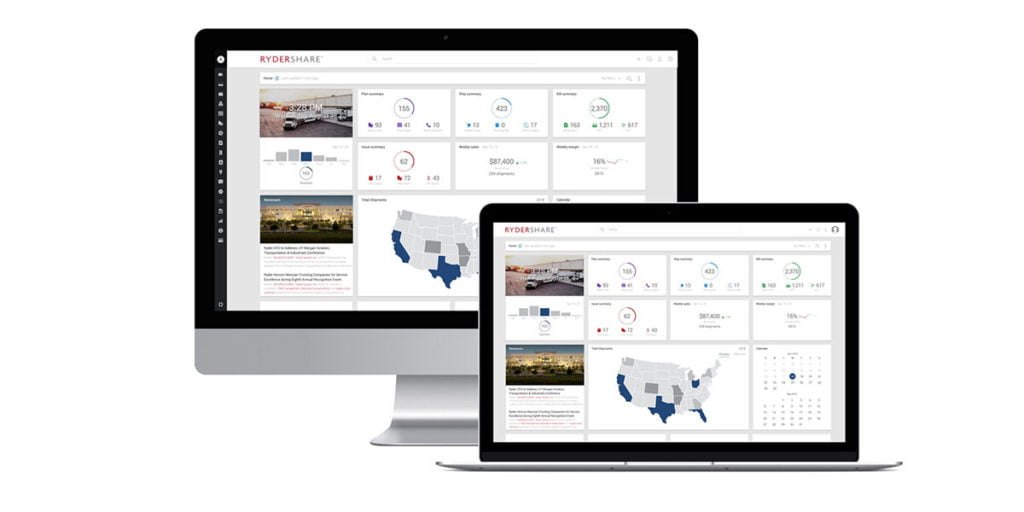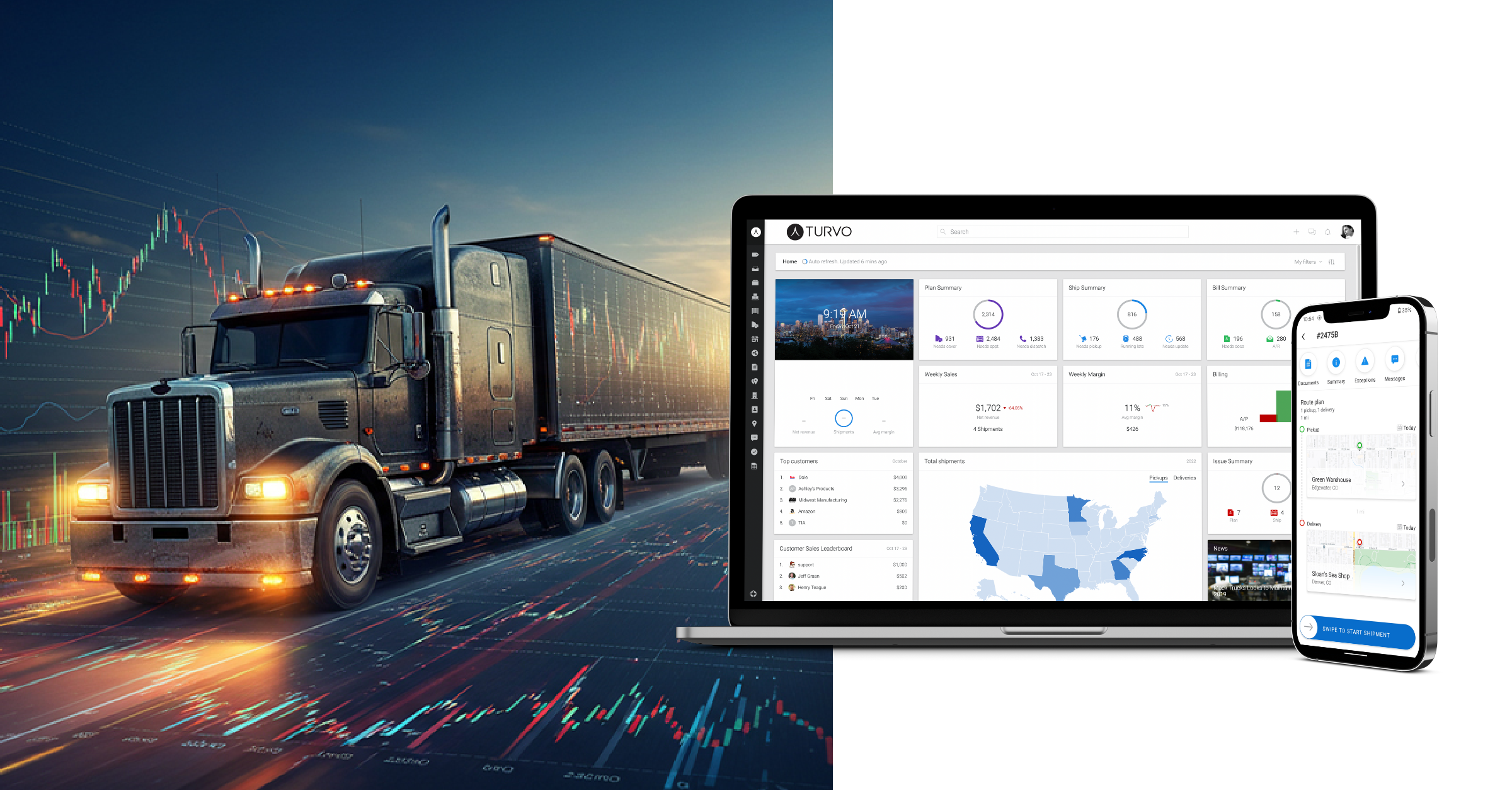The main players that are part of the modern supply chain are Shippers, Carriers, 3PLs, and Brokers. Find FAQs for who these players are and their responsibilities below.
What is a Shipper?
- A shipper (also known as a consignor) is a person or company who is the supplier or owner of the goods being shipped.
What Are the Responsibilities of a Shipper?
- Suppliers are often responsible for manufacturing, packaging, and working with 3PLs or brokers to prepare their goods for shipping and other transport processes.
What is a Carrier?
- A carrier is a person or company that moves goods for any person or company while also being responsible for any potential loss of the goods during transport. Logistics carriers can work as common carriers, transporters for specific companies, or contract carriers who work to transport goods for specific shippers over a set period.
What Are the Responsibilities of a Carrier?
- Carriers are legally certified companies tasked with safely transporting goods by land, water, or air. They are responsible for moving commodities from Point A (shipper’s location) to Point B (the customers). Carriers move goods with their own transportation equipment, such as trucks and flatbeds.
What is a 3PL?
- Third-party logistic providers (3PLs) manage outsourced logistics services in one or more facets of procurement and fulfillment activities such as transportation, warehouse storage, or inventory management. Most 3PLs offer a bundle of services capable of supply chain management.
What Are the Responsibilities of a 3PL?
- Receiving inventory.
- Storing items in fulfillment centers.
- Collecting ordered products in the customer order.
- Packing items.
- Shipping items.
- Processing return services if needed.
What is a Freight Broker?
- Freight brokers serve as the middleman between shippers and freight carriers. Brokers support shippers in moving their freight by connecting them with a suitable carrier.
What Are the Responsibilities of a Freight Broker?
- Identifying reliable and safe carriers for freight services.
- Booking orders with carriers.
- Supporting carriers in preparing loads.
- Tracking status of loads.
- Working with shippers, carriers, and dispatchers to schedule collections and drop-offs.
- Informing customers of the status of shipments.








